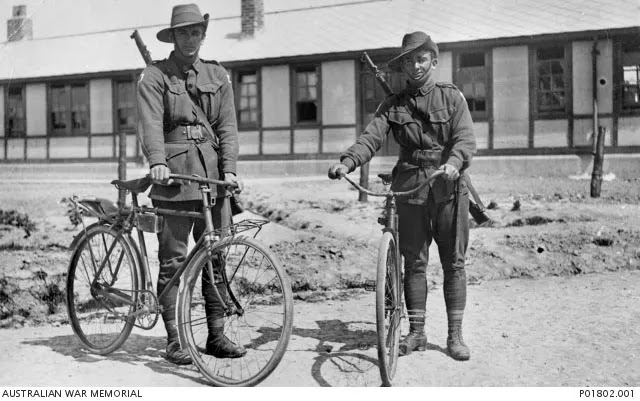I am about to invoke my Howard Cosell Rule.
Today is Memorial Day in the US—at least, officially. While it is a Federal holiday—banks and government offices are closed—some states have taken it upon themselves to declare their own “Memorial Days.” Some are being celebrated today. Others have chosen other dates: For example, in North and South Carolina, 10 May is Confederate Memorial Day: On this date in 1863, Confederate General “Stonewall” Jackson died after being accidentally shot by his own soldiers; in 1865, Confederate President Jefferson Davis was captured.
Given what we’ve seen so far from the Fake Tan Führer, I wonder whether he’ll try to end the current Memorial Day and replace it with the Carolinas’ (or some other state’s) Confederate holiday. Of course, it would include a military parade that wouldn’t honor the “suckers” and “losers.”
 |
| Unhoused veterans occupy 30 tents on the Veterans Row encampment in front of the West Los Angeles VA campus in April, 2021. George Rose/Getty |
Me, I wish this day’s memorial were more about the tragedy of dying young (and, sometimes, for a questionable cause) rather than a celebration of “heroism”—or simply another shopping orgy. Oh, and wouldn’t it be nice if we made sure that those who served got the mental as well as physical health care they need—and that we don’t create more veterans who live under highway overpasses. Avoiding war and turning “swords into ploughshares” would be the best—perhaps the only—way to ensure that.


















